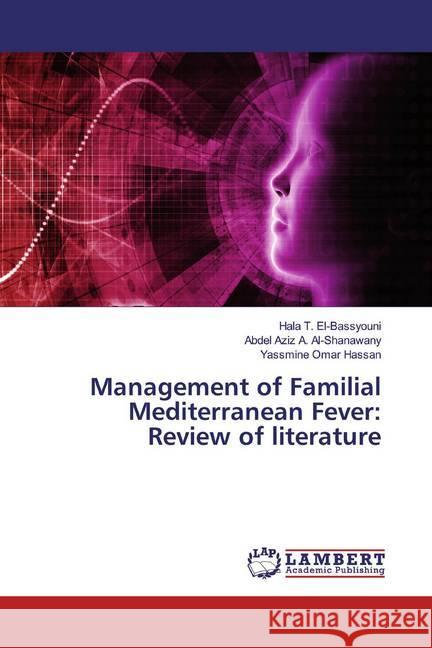Management of Familial Mediterranean Fever: Review of literature » książka
Management of Familial Mediterranean Fever: Review of literature
ISBN-13: 9786200225047 / Angielski
Managing Patients with FMF Diagnosis of FMF depends on the clinical assessments, confirmed by molecular testing. However, a significant proportion of heterozygotes also express the phenotype. Despite the fact that the heterozygotes have a tendency to have a relatively mild disease, the disease couldn't be recognized from that of homozygous patients and that FMF could be seen as a dominant condition with low penetrance in some cases. Heterozygous FMF patients may benefit from a trial of colchicine for six months and individuals who respond to colchicine will be considered FMF patients. Following up the of the patients by annual physical examination, urine spot test for protein, and evaluation for hematuria for all affected individuals including those treated with colchicine; consider monitoring of acute-phase reactants (ESR and fibrinogen levels) at regular intervals during the attack-free periods. Evaluation of relatives at risk by offering molecular genetic testing to all first-degree relatives and other family members (regardless of symptoms) as renal amyloidosis can be avoided by early diagnosis and colchicine treatment.











